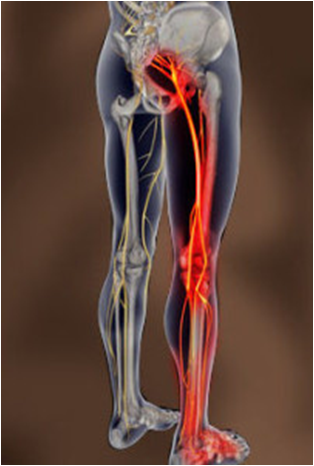
Dr. Ratish Kumar Mishra is a highly skilled and dedicated Consultant Orthopaedic and Spine surgeon currently associated with Sanjivini Hospital in Gomti Nagar, Lucknow. His areas of expertise include Neck Pain, Back Pain, Sciatica Pain, Slipped Disc, Lumbar Canal Stenosis, Spondylolisthesis, Fractures in the Spine, Spinal Cord Injury, Spine Tumors, and infections in the spine. He is also skilled in Scoliotic spine surgery and Deformity correction surgeries. He is well-versed in open, Minimally Invasive, and Endoscopic spine surgeries. He can perform anterior and posterior Cervical, Thoracic, and Lumbar spine surgery.”




